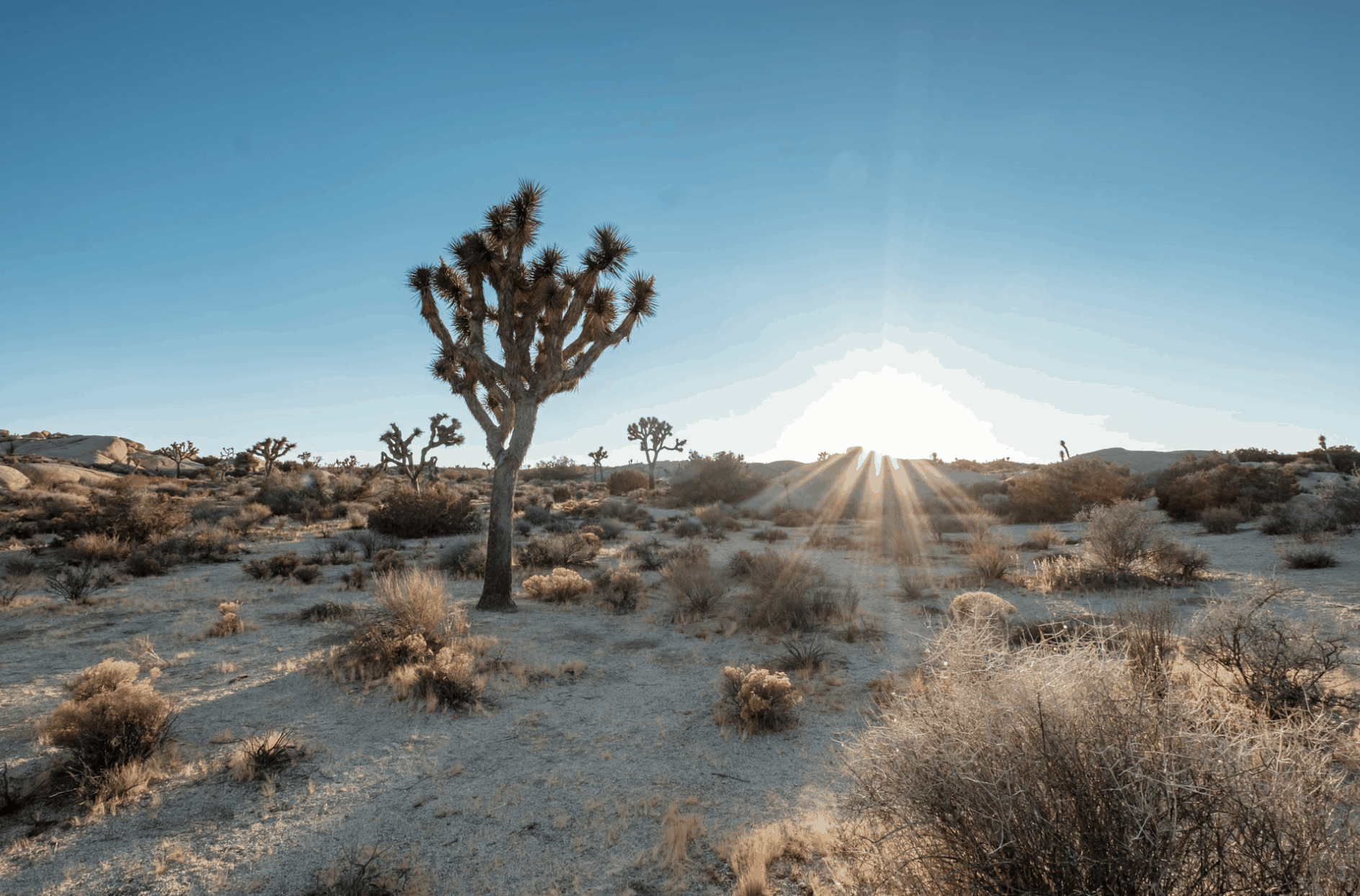
How Deciding What You Don’t Want Decides What You Do
We don’t pick our families. We can’t custom-order siblings to our specifications. No amount of wishing differently will alter that. The only thing that we can shift is our relationships to the decisions we make about them. Do they stay in our lives…or do they go? Are we participating…or are we not?
My own family was never especially close. We did all the usual upper-middle-class things while we were kids, yet my brother who is almost 7 years older than I was only with us in the same household for 11 years until he left for college and grad school. My parents split when I was in high school and got divorced my junior year. They themselves had tough and almost non-existent relationships with their own siblings and in-laws.
No positive role models on how to rock being a good brother or sister.
No positive role models on how to rock being married.
What I know for sure is that I was forced at 17 to abandon my childhood and be an adult. I was caught in the unravel of my parents’ downward spiral, and when I reached out to my one and only sibling for empathy and support, he preferred to distance himself from the dirty family laundry as much as possible.
Now, with both our parents gone and decades of family sagas and craziness behind us, it seems like my brother and I have hit a wall. In our quest forward, we have unintentionally hurt one another, which has created family drama between our spouses and has threatened to derail us from even the simplest of relationships with one another. A lot said. A lot heard. Now what?
I will save you the specifics of what got us to this point, but what has become painfully clear is that we now need to make a decision. Do we step up and go to bat for each other, or do we continue not to speak much and ignore the obvious?
Do we forgive?
A quick review of our mother’s relationship with her own sister six years younger than herself reveals that, at the same age as my brother and I are right now, they decided never to speak to one another again. My mom went to her grave with that. Our father spent most of his adult life barely speaking to his brother and sister because my mother did not like them. He reconciled with his brother toward the end of his life but essentially went to his grave with limited family interaction.
If we based our relationships on those of our parents, we would be allowing history to repeat itself. A history rich in judgment and needing to be right, a history that did not allow for acceptance or individuality, and one that was filled with self-imposed rules that everyone was constantly breaking. Ugly.
So in the fifth decade of my life, in deciding what I want for my brother and myself, I am shaking things up a bit. While I am still not 100% sure what I do want out of our relationship and our extended family relationships…what I know for sure is what I don’t want!
What I don’t want is for our family history to repeat itself. I do not want for my brother and I to be my mom, Barbara, and her sister, Judy. I don’t want to be them. I can do better. Be better. I don’t want to be my father, Arnold, and his brother, Charlie. I can do better. Be better.
What I do not want hands me the key to what I do want.
What I don’t want is to repeat old patterns, mirror old relationships, or create unnecessary drama in my life or the lives of those I love.
So, by extension, what I do want is to find a way to be in each other’s lives. What I do want is to accept all of us, flaws and all. What I do want is to use my own legacy in such a way that it not only stops the generations from repeating themselves, but improves on them.
I want change.
And…
If I want change, I need to be that change.
While I am still unsure as to how this will all play out, what I am secure with is that this story is worth altering. It is worth fighting for. My brother and I are worth it.
Figuring out who you don’t want to be, what you really don’t want defining your life, is a clear reverse-engineered method for determining what is next for you—and by default…what you can do. It is also a clear track toward forgiveness. Forgiveness of others and of yourself.











0 comments to "How Deciding What You Don’t Want Decides What You Do"